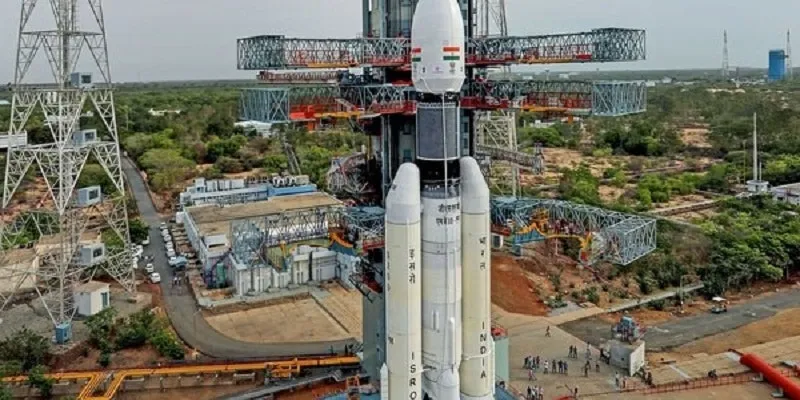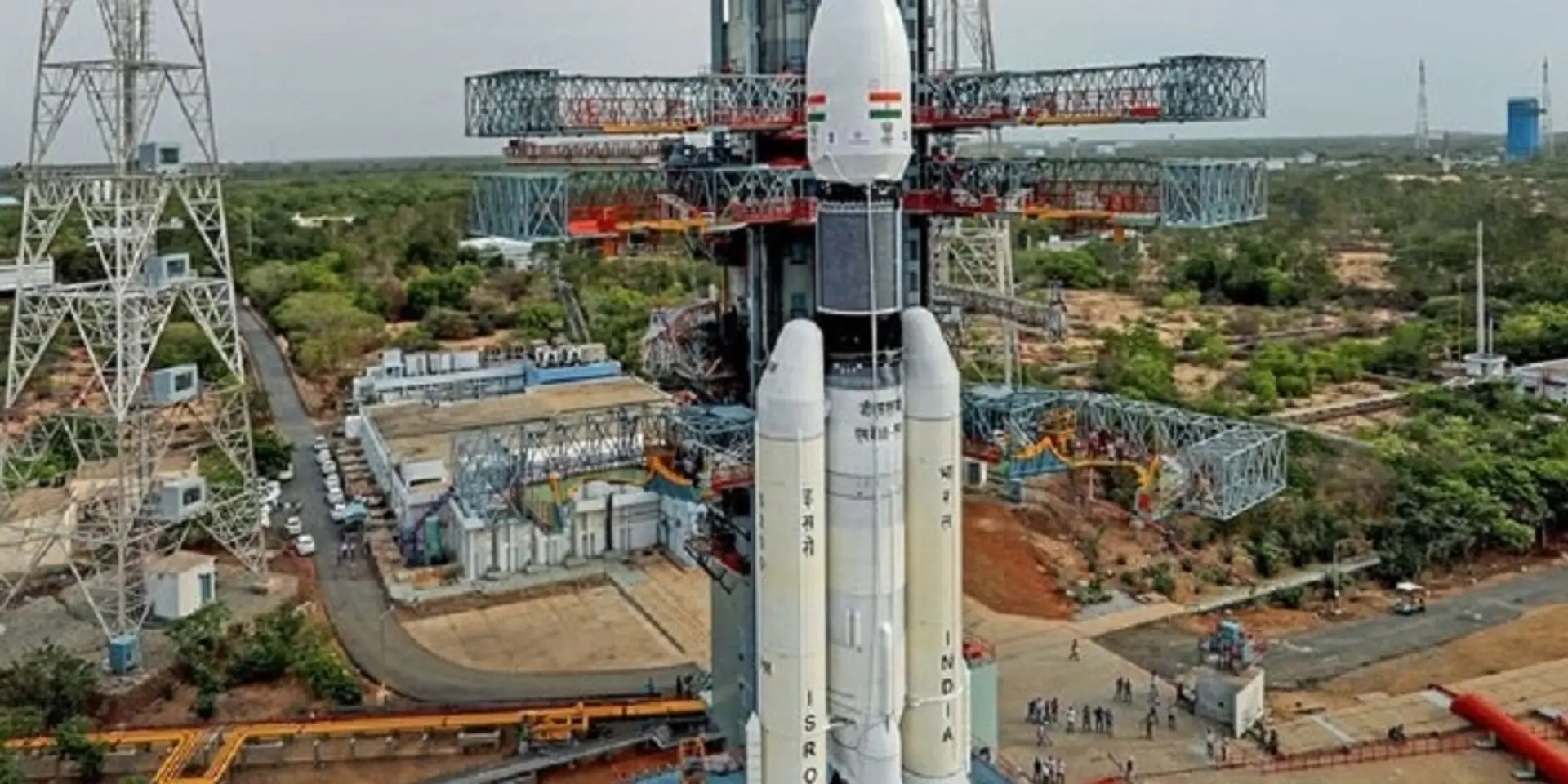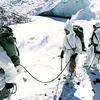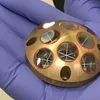ISRO and France's CNES sign pact to develop a constellation of satellites
The India-France collaboration will focus on developing a constellation of satellites to track ships on the Indian Ocean. Training of in-flight surgeons also discussed.
After Prime Minister Narendra Modi’s visit to France, the space agencies of the two nations - CNES and ISRO - signed an agreement on Thursday to develop a constellation of satellites. These satellites will carry telecommunications (Automation Identification System), radar, and optical remote-sensing instruments, which are supposed to be the world’s first space-based system that can track ships continuously.
The agreement was signed by CNES President Jean-Yves Le Gall and Sivan K, Chairman of the Indian Space Research Organisation (ISRO). Studies on this project have been underway since President Emmanuel Macron’s state visit to India in March 2018.

Representational Image
In an official statement, , Jean-Yves Le Gall said,
“CNES and ISRO teams are both very proud to see, in the presence of President Macron and Prime Minister Modi, this new step forward in our cooperation in space. Our technologies today occupy an unprecedented place in the world economy, and it is through large-scale international partnership projects like these that we will promote and develop our excellence.”
Both nations will jointly operate the satellites to monitor ships on the Indian Ocean. In addition, it will also benefit the French economic interest as the system will cover a wide belt around the globe.
It will have a revisit capability, making it possible to task acquisitions several times a day, helping it detect oil slicks and trace their origin.
This step will further boost the already significant and wide-ranging space partnership between the two countries.
Both the space agencies have developed, built, and are jointly operating several satellites serving precious applications for food security (monsoon forecasting), water resource management, and climate research.
An infrared climate-monitoring satellite is in the study phase whereas India’s next oceanography satellite will be carrying a CNES Argos instrument into orbit in 2020.
The heads of both nations also discussed the training of in-flight surgeons in France, who will be responsible for India’s future astronauts.
Also, the two countries are active contributors to space programmes that are tackling climate change. In fact, India is involved in the Space Climate Observatory (SCO) for which the founding declaration was signed at this year’s Paris Air Show in the presence of President Macron.
(Edited by Saheli Sen Gupta)



1566493122177.jpg?fm=png&auto=format&h=100&w=100&crop=entropy&fit=crop)






